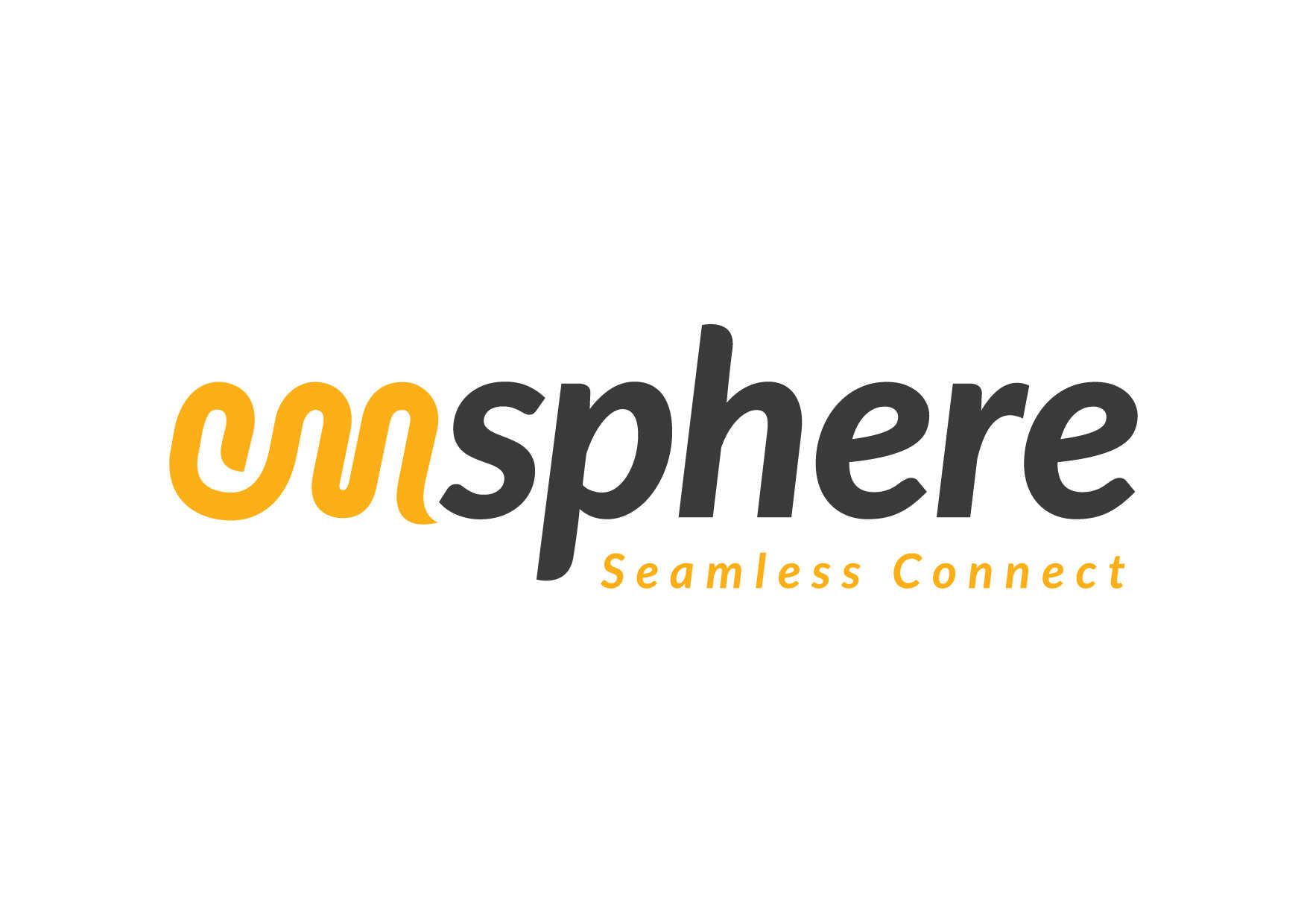Description

PageUp

Pando
Comprehensive Overview: PageUp vs Pando
Certainly! Let's explore both PageUp and Pando in terms of their primary functions, target markets, market share, user base, and key differentiating factors.
PageUp
a) Primary Functions and Target Markets:
- Primary Functions:
- PageUp is a comprehensive talent management software platform. It provides solutions for recruitment, onboarding, performance management, learning and development, and succession planning. PageUp aims to streamline the entire employee lifecycle by integrating these functions into a cohesive system.
- Target Markets:
- PageUp primarily targets medium to large enterprises across various industries. It serves organizations that require sophisticated talent management solutions to effectively acquire, manage, and develop their workforce on a global scale.
b) Market Share and User Base:
- PageUp is a well-regarded player in the talent management software market, particularly in regions like APAC (Asia-Pacific). While exact market share statistics can fluctuate, it maintains a competitive presence alongside other major HR software providers.
- The user base often consists of large enterprises with complex HR needs, and PageUp has a strong reputation for serving multinational companies due to its ability to handle diverse and distributed workforce requirements.
c) Key Differentiating Factors:
- PageUp differentiates itself through robust integration capabilities, enabling seamless synchronization with existing HR systems.
- The platform places a strong emphasis on user experience and flexibility, allowing customization to suit the particular needs of each client.
- PageUp is known for its scalability, making it an attractive option for growing organizations or those with ambitions for international expansion.
Pando
a) Primary Functions and Target Markets:
- Primary Functions:
- Pando typically refers to PandoLogic, a company specializing in programmatic recruitment technology. Its platform leverages AI and data analytics to optimize job advertising strategies, enhance candidate sourcing, and improve recruitment efficiency.
- Target Markets:
- Pando targets recruitment and HR departments across various industries. Its solutions are beneficial for companies looking to streamline their high-volume hiring processes and enhance the effectiveness of their recruitment advertising.
b) Market Share and User Base:
- PandoLogic is a significant player in the programmatic recruitment space, although it caters to a niche segment compared to broader HR platforms like PageUp.
- Its user base includes companies that prioritize cutting-edge technology to drive recruitment success, often involving organizations that engage in frequent or high-volume hiring.
c) Key Differentiating Factors:
- Pando's standout feature is its programmatic recruitment technology, utilizing AI to automate and optimize job ad placement for maximized candidate engagement.
- It offers detailed analytics and reporting, providing organizations with valuable insights into recruitment performance and ROI.
- Pando places a high value on data-driven decision-making, setting it apart as a tool that emphasizes efficiency and precision in the recruitment process.
Conclusion
While both PageUp and Pando cater to HR functions, they serve distinct purposes within the HR ecosystem. PageUp offers a holistic talent management platform suited for comprehensive employee lifecycle management and is favored by larger enterprises. In contrast, Pando focuses on enhancing recruitment advertising through innovative programmatic technology, targeting organizations seeking to optimize their hiring processes. Each has its own strengths, and their applicability depends on an organization's specific HR needs and strategic goals.
Contact Info

Year founded :
1997
Not Available
Not Available
Australia
Not Available

Year founded :
Not Available
Not Available
Not Available
Hong Kong
Not Available
Feature Similarity Breakdown: PageUp, Pando
PageUp and Pando are both HR software solutions that help organizations manage their talent and recruitment processes. Here's a breakdown of their feature similarities and differences:
a) Core Features in Common
-
Recruitment Management:
- Both platforms offer tools for managing the recruitment process from job posting to candidate onboarding. This includes applicant tracking, interview scheduling, and offer management.
-
Analytics and Reporting:
- They provide analytics and reporting features to help HR teams understand recruitment metrics and improve their hiring processes.
-
Candidate Relationship Management:
- Both systems focus on building and maintaining relationships with candidates, with tools designed for nurturing and engaging potential hires.
-
Integration Capabilities:
- They offer integration with other HR and Enterprise systems, such as Payroll, LMS, and HRIS, to streamline HR operations.
-
User Management:
- Both platforms cater to different user roles in the hiring process, providing customizable access controls and role-based permissions.
b) User Interface Comparison
-
PageUp:
- PageUp typically offers a more traditional and comprehensive HR management UI, designed to cover various HR functions. It focuses heavily on providing a robust feature set with detailed screens and extensive options.
- The interface might seem complex at first, but it is feature-rich, which appeals to larger organizations that need depth in functionality.
-
Pando:
- Pando often emphasizes a sleek, modern, and user-friendly interface that prioritizes ease of use and accessibility. It is known for its intuitive design, which may be more appealing to smaller to mid-sized companies.
- Its UI focuses on simplicity and efficiency, allowing users to navigate with fewer clicks and less learning curve.
c) Unique Features
-
PageUp Unique Features:
- Learning Management System (LMS): PageUp offers a built-in LMS feature which allows businesses to manage training and development alongside recruitment.
- Performance Management: PageUp includes tools for performance management to help streamline reviews, feedback processes, and goal setting.
-
Pando Unique Features:
- Real-Time Collaboration: Pando is known for its emphasis on collaboration within the hiring process, offering tools for real-time feedback and communication among hiring teams.
- Flexibility in Process Customization: Pando often allows more dynamic customization of hiring workflows and processes to adapt to unique business needs, which can be appealing for startups and dynamic teams.
Both products are designed to improve recruitment processes, but they cater slightly to different market needs, with PageUp focusing on comprehensive HR solutions and Pando on agile and user-friendly experiences.
Features

Not Available

Not Available
Best Fit Use Cases: PageUp, Pando
PageUp and Pando cater to different needs within the HR and talent management space. Here's a breakdown of their best-fit use cases:
PageUp
PageUp is a comprehensive talent management software suite designed to address various HR needs. It typically suits:
a) Types of Businesses or Projects:
- Large Enterprises: PageUp is best suited for large organizations that require an integrated talent management system. It efficiently handles complex HR processes across different regions and departments.
- Global Companies: Its global capabilities make it ideal for multinational corporations that need consistent HR processes across different countries.
- Industries with High Volume Hiring: Industries such as retail, hospitality, and healthcare that experience high turnover rates and require frequent hiring benefit from PageUp’s streamlined recruitment process.
Key Scenarios:
- When a company needs to centralize and automate its recruitment process across various locations.
- Large-scale performance management and employee development initiatives.
- When a business wants to leverage workforce analytics to inform strategic HR decisions.
Industry Verticals and Company Sizes:
- PageUp caters to a wide array of industry verticals including finance, government, and education. It supports mid to large-sized companies effectively.
- The platform is particularly beneficial for companies with complex organizational structures and extensive HR needs.
Pando
Pando is typically positioned in logistics and supply chain optimization, aiming to enhance efficiency and visibility across supply chains.
b) Preferred Scenarios:
- Supply Chain Management: Pando is ideal for companies needing a robust platform to streamline their supply chain operations. It’s well-suited for logistics companies, manufacturers, and distributors.
- Companies aiming for Digital Transformation: Businesses looking to digitize their supply chain processes find Pando advantageous due to its advanced technology stack and real-time visibility features.
- Companies Managing Complex Logistics Networks: Pando's strengths lie in its ability to manage intricate networks, making it ideal for companies dealing with complex logistics and distribution challenges.
Industry Verticals and Company Sizes:
- While Pando can be used by companies of various sizes, it is particularly beneficial for larger organizations with intricate supply chain needs.
- Industry verticals like e-commerce, retail, manufacturing, and logistics can significantly benefit from Pando’s capabilities.
Product Differentiation by Industry/Size:
- PageUp focuses on HR needs across various industries and excels in environments where talent management is a critical function. Its adaptability makes it a fit for enterprise-level needs in diverse sectors.
- Pando, on the other hand, specializes in the logistics and supply chain sector, offering solutions that enhance operations in terms of efficiency, compliance, and cost-management specifically within that space.
In conclusion, while PageUp suits enterprises looking to enhance their talent management infrastructure, Pando excels in optimizing supply chain logistics, each product catering to distinct operational necessities and industry demands.
Pricing

Pricing Not Available

Pricing Not Available
Metrics History
Metrics History
Comparing undefined across companies
Conclusion & Final Verdict: PageUp vs Pando
To provide a conclusion and final verdict on the comparison between PageUp and Pando, we need to evaluate their overall value, consider the pros and cons of each, and offer specific recommendations based on different user needs and business contexts.
a) Overall Best Value:
The best overall value between PageUp and Pando depends on specific business requirements such as industry focus, size, and complexity of operations. Generally, if we have to determine a broad recommendation:
-
PageUp: This product may offer the best overall value for larger organizations or those with complex human resource needs. It provides comprehensive HR solutions, particularly in recruitment, talent management, and performance tracking. Its scalability and integration capabilities can be highly beneficial for expansive operations.
-
Pando: Pando might be the better choice for smaller companies or startups that are looking for simplicity, ease of use, and cost-effectiveness. It may also appeal to businesses focused more on immediate implementation with less need for extensive customization.
b) Pros and Cons:
PageUp:
Pros:
- Comprehensive HR suite covering various aspects of talent management.
- Strong analytics and reporting capabilities.
- Scalable for large enterprises.
- Offers robust integration with other HR and business systems.
Cons:
- Higher cost may not be suitable for small businesses.
- Complexity in setup and navigation could require more time for user training.
- Overwhelming features for companies with simple HR processes.
Pando:
Pros:
- User-friendly interface and intuitive design.
- Cost-effective, making it suitable for small to medium-sized businesses.
- Quick setup and less complicated implementation.
- Focused on delivering essential features without unnecessary complexity.
Cons:
- Limited feature set compared to more comprehensive solutions like PageUp.
- May not scale well with rapidly growing organizations.
- Lesser integration capabilities with third-party applications.
c) Recommendations:
-
For companies that require a robust and comprehensive HR management system with room for growth and complexity, PageUp is the recommended choice due to its extensive features and ability to support large-scale operations.
-
For smaller businesses, startups, or those with straightforward HR needs looking to implement quickly with a limited budget, Pando is a more fitting choice due to its simplicity and ease of use.
Users trying to decide between PageUp and Pando should closely evaluate their current and future human resources needs, technology integration requirements, and budget constraints. They might consider running a pilot with both systems to assess fit and functionality within their existing processes. It's also beneficial to seek input from HR personnel who will be using the system extensively and might offer insights into user experience and system compatibility.
Add to compare



